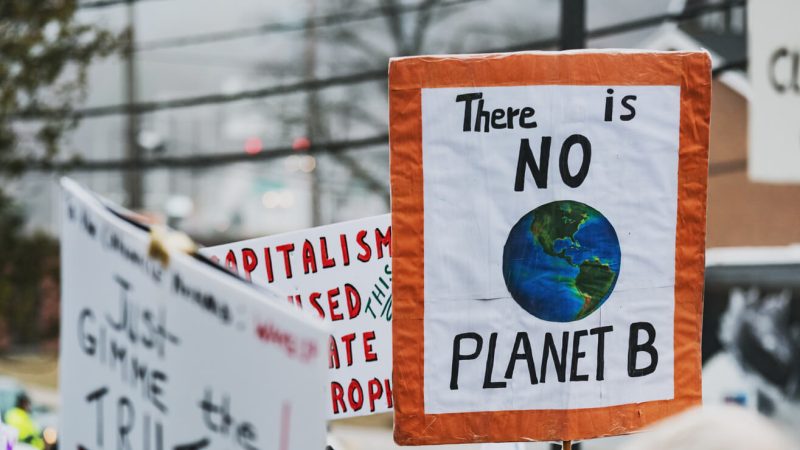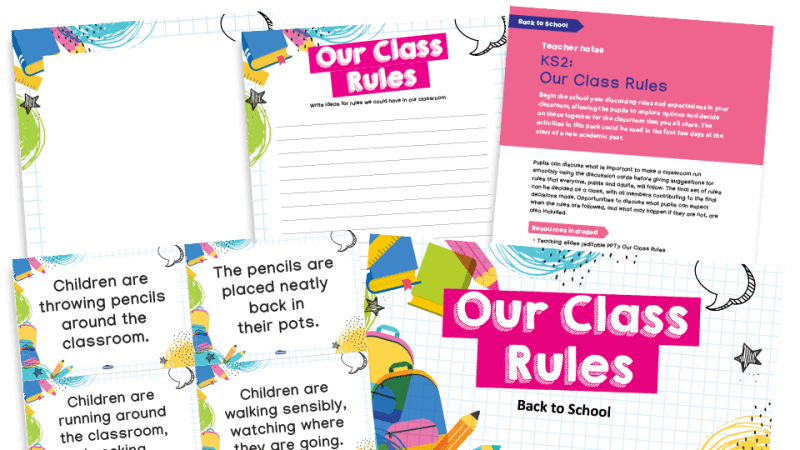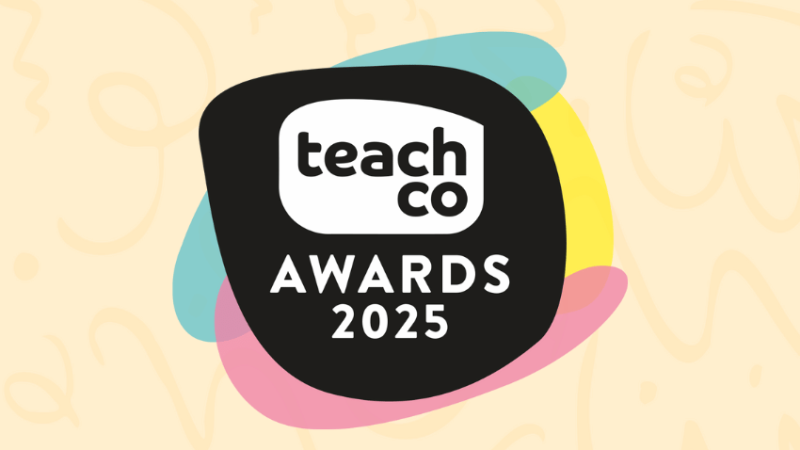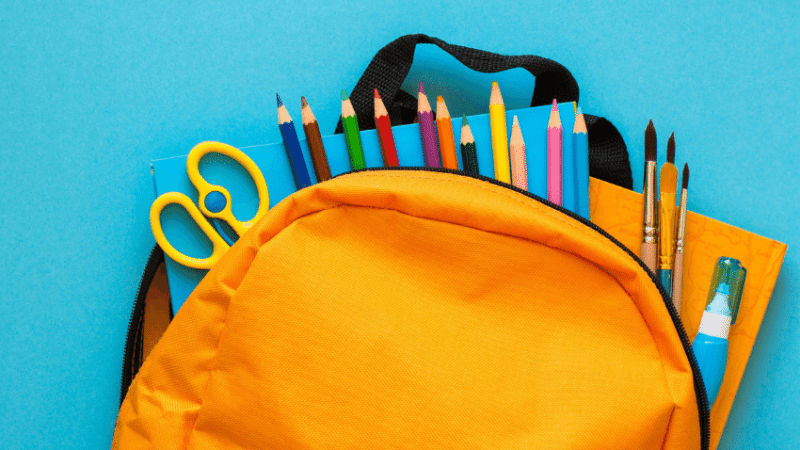Covid 19 – What positives from the pandemic can schools take?
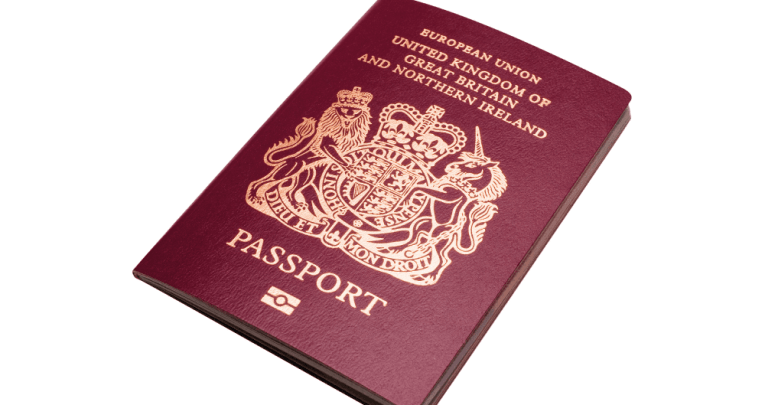
COVID-19 has saddled the international teaching community with considerable disruption and uncertainty, but also an opening to improve things for the better, says Julia Knight…
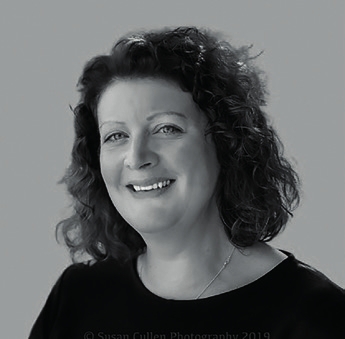
- by Julia Knight

I don’t think anyone has been immune to the impact of coronavirus. It’s placed enormous pressures on every sector, as governments and authorities react to the social and economic impact of lockdown on countries around the world.
And yet, I also wonder if there might actually be some benefits in the way coronavirus has reshaped and reframed global education. Here in Bahrain, we went into lockdown early.
The government has been highly praised for its handling of the pandemic, but there’s always the risk that one or more of the plates they’re spinning will drop.
Those of us based at international schools remain nervous of news regarding mandated closures and overnight advice that has to be implemented with immediate effect.
Senior management teams are locked in a continuous cycle of reviewing and reacting to guidance sent their way, leaving them with little time to assess the wider impact of coronavirus on learning in all its forms, be that blended, synchronous or asynchronous.
Best laid plans
School leaders here and elsewhere have planned meticulously for the full reopening of their settings, six months after they were closed, as best as they can. Given the transient nature of international school communities, they rely heavily on stability within sectors such as aviation and finance.
We’ve seen much of the expatriate workforce placed on unpaid leave or furloughed, and benefits such as school places removed from contracts.
Many families have felt the squeeze of redundancy and financial constraints and taken the decision to relocate to homelands where healthcare and education services are freely provided.
International schools have therefore begun to scramble for new students amid lowering rolls, wary of the rise in private school closures around the world.
However, we’ve also fielded lots of interest from families looking for a smaller form of education provision that affords children time to learn through play, and to enjoy the outside as much as is possible in the closing days of the desert summer heat.
Shifting priorities
Many parents’ priorities have shifted from obsessing over academics to deep concerns regarding their children’s wellbeing, especially the friendships and social experiences that school enables.
Trending
It’s my belief that we can find positives in the pandemic; that children globally will have learned new skills in lockdown. For instance, reception and Y1 teachers have reported an uptick in speech and socialising skills.
A growing number of children are now learning how to bake, draw, paint and ride bicycles, among myriad other forms of development that aren’t tested, tracked or traced by traditional curricula and assessments.
Never underestimate the power of a sibling argument for developing conflict management, self confidence and debating skills.
There will, of course, be many children without access to the opportunities described above, which is why returning to school is vitally important for them.
Managing expectations
The cancellation of exams for older students and relaxing of formal assessments has afforded educators time to rethink the necessity of assessments that can take a toll on children’s wellbeing and constrict opportunities for learning.
In fact, it could be that this pandemic is presaging the type of curriculum and skills we’ll need for a future in which resilience, critical thinking, leadership, courage and bold decision-making will be needed more than ever.
Over the past few weeks we’ve observed something of a harmonious merging between the academic and pastoral aspects of school life, as parents have come to recognise both as being equally important.
Looking ahead from here, we may well see a much more positive educational experience for future generations start to take shape. And if some of those plates get dropped in the process, chances are they’re the ones we never really needed anyway.
Julia Knight has been an international teacher since 2012, and is currently principal at EtonHouse International School Bahrain; follow her at @KnightWilliams





